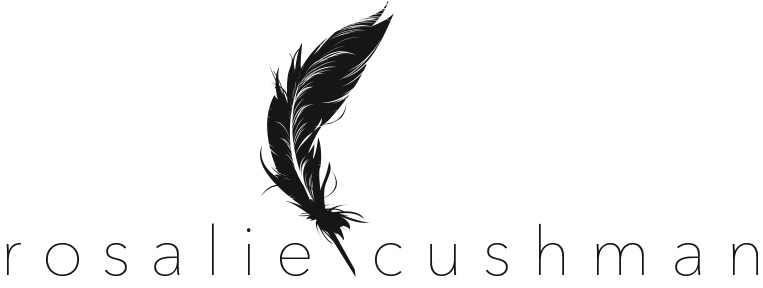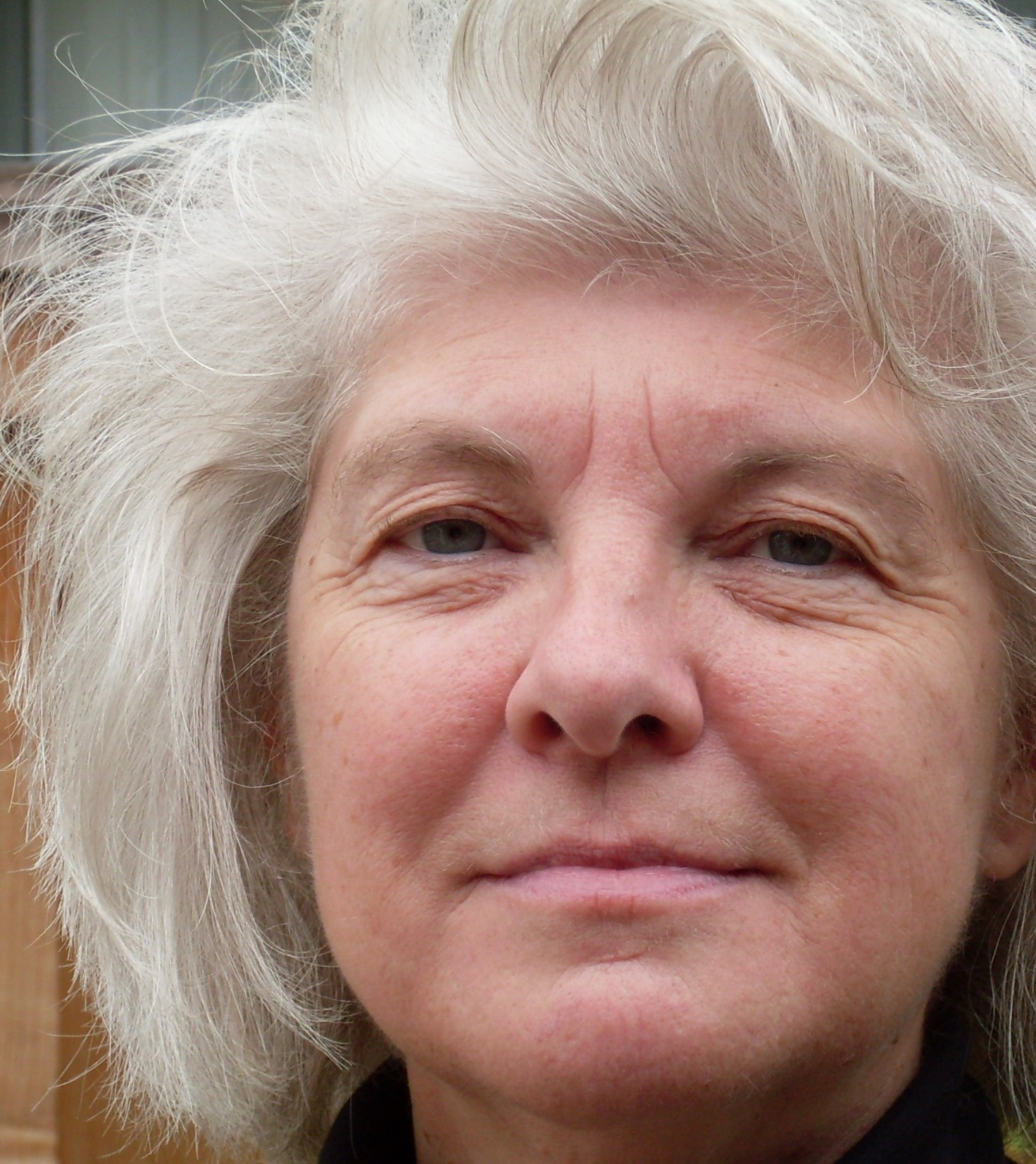It may just be your average “age associated memory loss” I’m experiencing, the one most people in the mid 60’s undergo. But I have to tell you, it’s alarming when someone younger is trying to tell you something that is a NLO (New Learning Opportunity, allegedly good for the neuronal net) and you can’t really follow. In the last few years, it has become increasingly difficult for me to learn new things. I swear I can feel the brain creak, struggling to function as it gets slower and slower with each passing year. Read more
Posts
I have always loved Joan Didion’s writing. While some of it seems dark such as her commentary on change over some of the most tumultuous eras in America, she has an unusual quality of perspective and observation, acting as witness to events of the day. Oddly, this has seemed even to be the case in her more recent memoirs, “The Year of Magical Thinking” and “Blue Nights”. Yet there is also a quality about her in “The Center Will Not Hold”, the documentary about her life as viewed through the lens of her director nephew, Griffin Dunne, that is emotional, intimate, accessible. You see it in the face, in the tears that do not fall, the questions Griffin asks and refuses to ask out of the most delicate yet sturdy love and respect for his aunt, and for Didion’s own ongoingness. Read more
“How to Write About Trauma”. That is the title of the NYT Op-Ed piece dated 08/15/16, penned by Said Sayrafiezadeh, an American-born, Iranian-cultural-inheriting memoirist and fiction writer. I read it with serious curiosity for several reasons. First, I’ve recently begun conducting an Expressive Writing course and specialized coaching practice on the same topic. Read more
Trauma – “a deeply distressing or disturbing experience, like the death of a child.” This is how Google defines it. Webster defines it thusly, “a very difficult or unpleasant experience that causes someone to have mental or emotional problems usually for a long time.” Okay. Read more
I feel the pull to write but am minus a subject. It feels equivalent to taking a walk with no particular destination in mind, aimless to be sure yet compelled to put one leg in front of the other just the same. This endless tugging reminds me of singers singing scales or humming some little ditty just to keep the throat and windpipe limber, not to mention for the sheer pleasure of it. So I’m writing for no particular reason other than writing has showed itself to be my nature. For this reason I pound on keys, flexing some invisible muscle that serves as play, satisfied I have a small but sturdy impulse on which to creatively act.
A number of years ago I had the great good fortune to co-produce a program for Iowa Public Television called Dames from Ames. It profiled four women writers: Pulitzer Prize winner, Jane Smiley, current Iowa Poet Laureate, Mary Swander, and fiction writers, Sharon Warner, and Fern Kupfer. One of the questions they discussed was “can you imagine ever not writing?” All of them seem flummoxed, conceding it essentially felt unimaginable, with the exception of Smiley. Yet, even Smiley’s concession seemed qualified with “I suppose I could lose my appetite for it,” or something to that effect.
In a previous work life, I arranged, marketed and hosted author events for the now defunct, Borders Books & Music. In that capacity, I met an amazing number of writers from a wide variety of genres, some just starting out, others’ seasoned and quite famous. I recall marveling at their efforts and, in some cases, phenomenal talents. I was also curious about their inner lives. What energy compelled them to act so fervently, some of them prolifically, on that writing impulse which, for me, was monstrously repressed and still latent at the time?
I have since come to know that the urge to write about even nothing in particular randomly erupts of its own accord, now claiming my mind, fingers, and voice, operating from the key creation was composed in. It’s not even personal although the exercise is acted out from an individual subjective perspective. I liken the writing environment to what the physicists and social scientists call M Fields or EM Fields, an energy system that generates electrical and magnetic activity, a coalescing of functions comprised of like characteristics and qualities. It’s akin to a flock of birds in flight that form a collective, working toward a parallel destination or purpose. In short, they are drawn together and operate within an Attractor Field.
Field Theory requires me to write even if no one reads these words. Since unleashing me from the straightjacket of conventional work, my impulse to write, write, and write, even if it’s about nothing in particular, must be acted on. It’s a requirement of the field I find myself in these days. My brother is a photographer and suffers from or enjoys a similar compulsion. It’s part of his nature to take pictures. He simply cannot help himself. The nature of a writer is really no different; only the unique expression it takes is. This is true for all the arts. What’s more, I have learned the hard way that to suppress the creative urge is literally destructive, deleterious to life itself. It is likely one of the principle reasons I have been so painfully frustrated during much of adulthood, not allowing myself to fully become immersed in the flock I was born to inhabit.
And so, my eye is fixed on some vague notion that I occasionally may have something worthwhile to say in what I write. If not, I’ll write anyway, willy nilly, hoping at minimum, to stumble on something useful for others to enjoy. Some small niggling comment or curiosity will penetrate another’s skull, prompting an investigation into how Field Theory affects their own lives. For to ignore my urge to create with words feels downright irresponsible at this stage, even sacrilegious, a sacrilege I can no longer afford, even if I write about nothing at all!

